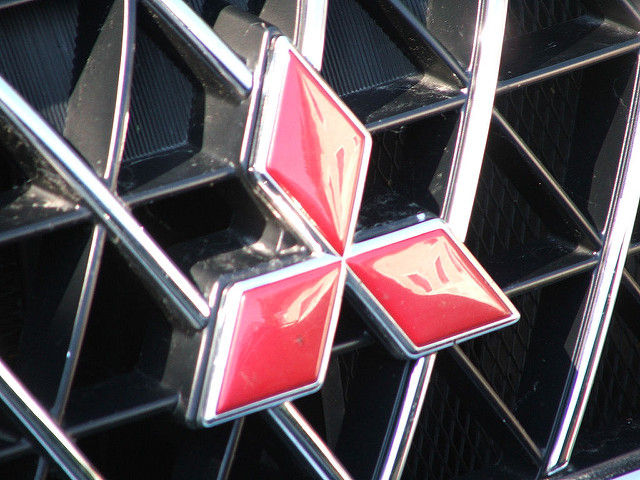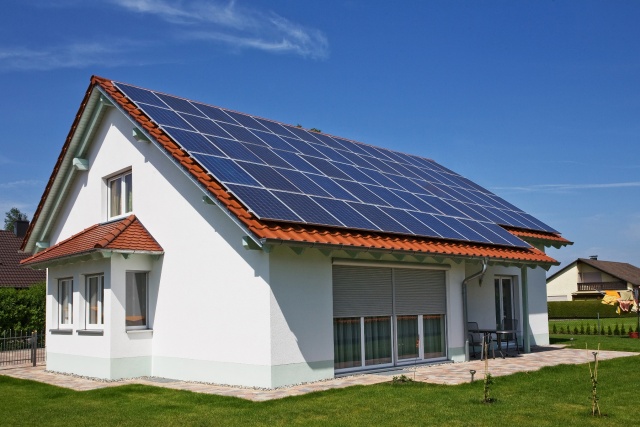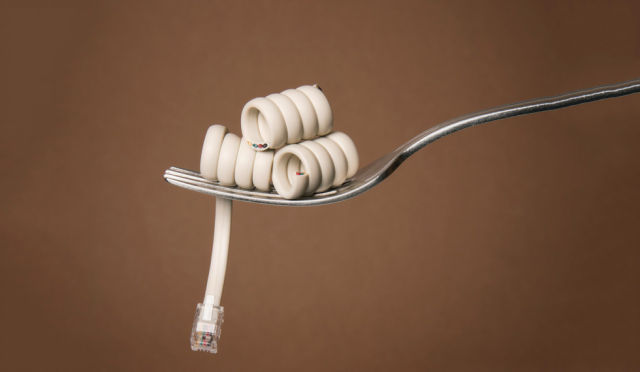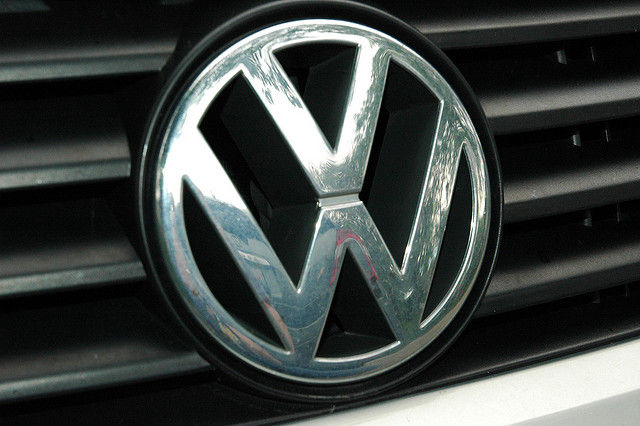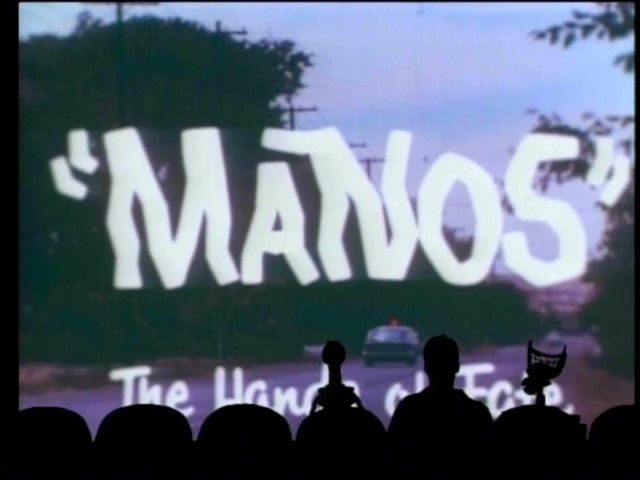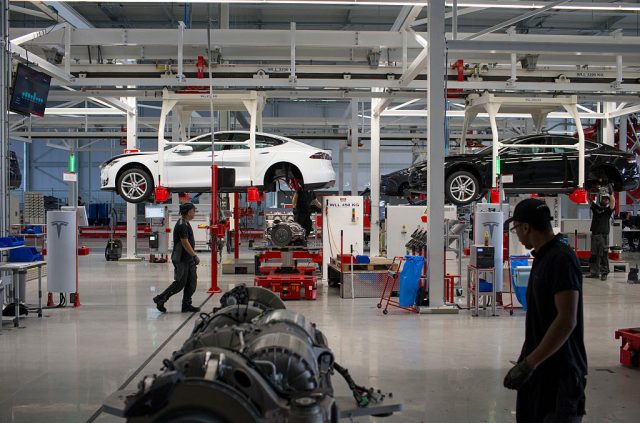
Telsa Model Ss in the company's European production center in Tilburg, Netherlands. (credit: Getty Images | Jasper Juinen/Bloomberg)
In Tesla’s Q2 2016 financial statement released today, the company reported a net loss of $293 million for the quarter, making it Tesla’s 13th straight quarterly loss. (By Generally Accepted Accounting Principles, or GAAP, the company lost only $150 million. GAAP standards account for certain things on a car company’s balance sheet, like leased vehicles, differently than non-GAAP bookkeeping does.)
Despite the loss, revenue for the company was up 31 percent year-over-year, with GAAP revenue coming in at $1.3 billion for Q2 and non-GAAP revenue at $1.6 billion.
Still, during Tesla’s Q4 2015 earnings call, Tesla CEO Elon Musk promised that the electric vehicle company would be profitable before summer. But production issues have continued to plague the company, although Musk and Telsa Vice President of Finance Jason Wheeler were adamant that the company is out of the woods on production issues, despite missing production goals in Q2.
